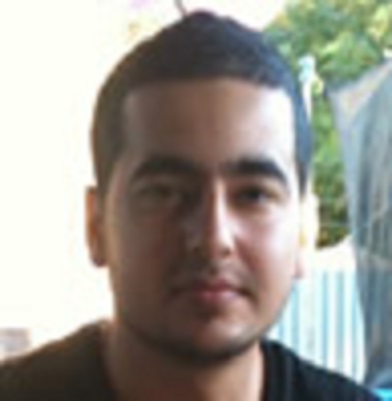Twitter Deception and Influence: Issues of Identity, Slacktivism, and Puppetry

ABSTRACT
There is a lack of clarity within the social media domain about the number of discrete participants. Influence and measurement within new media is skewed towards the biggest numbers, resulting in fake tweets, sock puppets, and a range of force multipliers such as botnets, application programming interfaces (APIs), and cyborgs. Social media metrics are sufficiently manipulated away from authentic discrete usage so that the trustworthiness of identity, narrative, and authority are constantly uncertain. Elections, social causes, political agendas and new modes of online governance can now be influenced by a range of virtual entities that can cajole and redirect opinions without affirming identity or allegiance. Using the 2013 Australian Federal Election as a case study, this study demonstrates the need to increase legitimacy and validity in micro-blogging forms of new media and the need for multi-factor authentication.
AUTHORS

School of Computer and Security Science, and ECU Security Research Institute Edith Cowan University
Australia
David Cook is a researcher in the Edith Cowan University Security Research Institute (ECUSRI) and is also a lecturer in security in the School of Computer and Security Science. He obtained an MBA from Murdoch University and is completing his doctoral studies in e-Governance and Human Computer Interactions. David lecturers in security and specialises in e-Governance, Cyber Ethics, Cyber resilience, Counter Terrorism, Money Laundering, and CIP. David was formerly the Manager of the SECAU Security Research Centre and is currently the Chair of the Australian Computer Society.

School of Computer and Security Science, Edith Cowan University
Australia
Benjamin Waugh graduated from Edith Cowan University with a degree in Counter Terrorism, Security and Intelligence. He majored in Computer Security. Benjamin has recently led a research team specialising in security issues relating to social media and fraud. His research interests include Counter Intelligence, Counter Terrorism, Information Security, and New Media.

School of Computer and Security Science, Edith Cowan University
Australia
Maldini Abdipanah is an undergraduate student at Edith Cowan University. He is studying toward a Bachelor of Science and specialises in Cyber Security. His research interests include Computer Facilities Security and Network Security.

School of Computer and Security Science, Edith Cowan University
Australia
Omid Hashemi is an undergraduate student at Edith Cowan University in Perth Western Australia. He is currently pursuing a bachelor’s degree in Computer and Network Security. His research interests include Communications and Ethical Hacking.

School of Computer and Security Science, Edith Cowan University
Australia
Shaquille Abdul Rahman is a computer security student at Edith Cowan University. He has a bachelor’s degree in Computer Science. He majored in computer science and computer security. He is currently working toward a Master’s of Computer and Network Security at ECU.
Published In
Journal of Information Warfare
The definitive publication for the best and latest research and analysis on information warfare, information operations, and cyber crime. Available in traditional hard copy or online.
Quick Links
Archive

